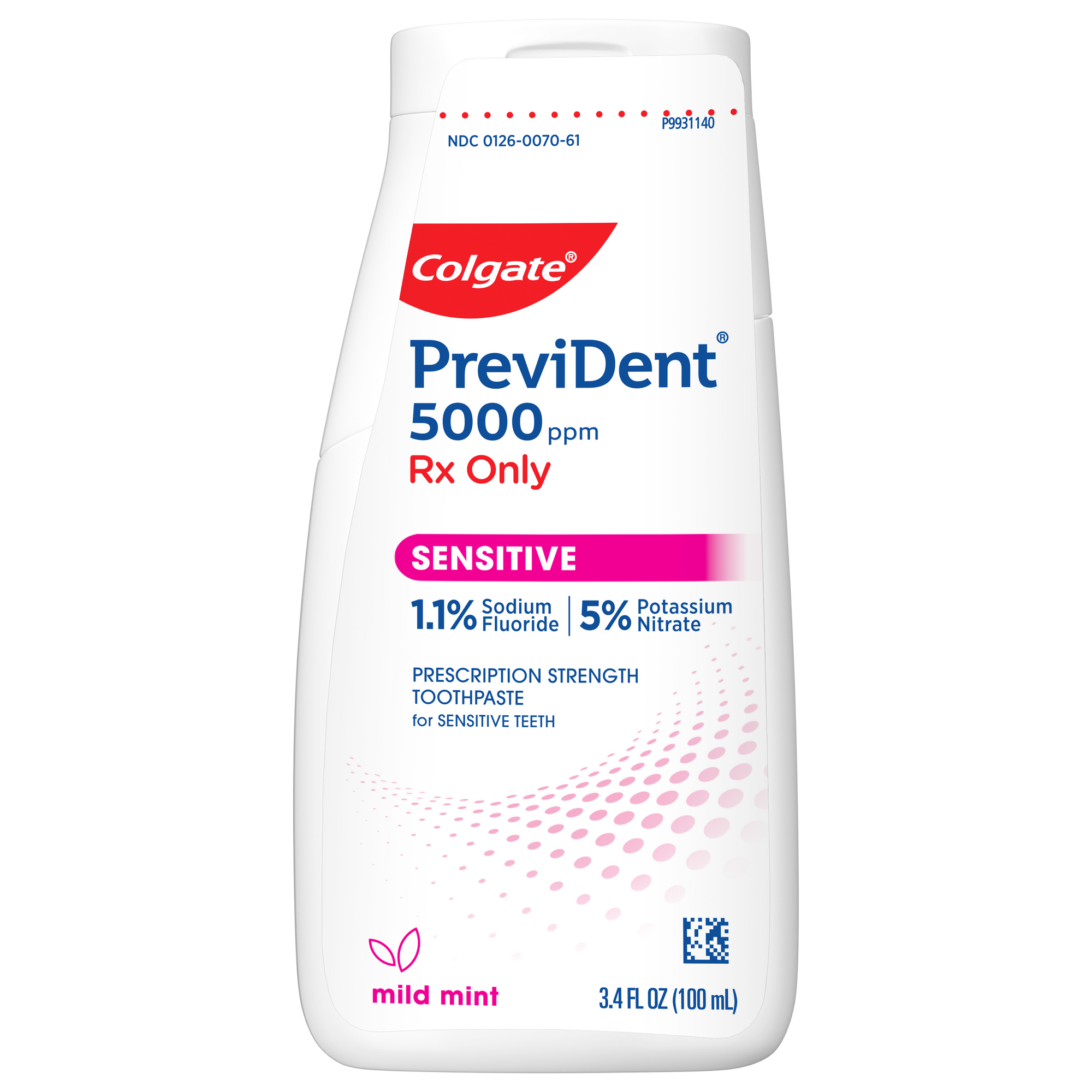How Does Alcohol Cause Dry Mouth?
According to a study in the Japanese Dental Science Review, drinking alcohol in substantial quantities can change your salivary flow rate. In fact, many studies have demonstrated a decrease in salivary secretion in heavy drinkers. Not having enough saliva causes a condition known as dry mouth (also known as xerostomia). That’s why many people report experiencing dry mouth after drinking alcohol.
The same study also notes that alcohol acts as a diuretic. This means that your body experiences a decrease in the body fluid volume on account of chronic alcohol intake, resulting in an increased thirst sensation or feeling of dehydration. Heavy drinkers may find themselves increasingly in a state of dehydration or having a dry throat after a night of drinking alcohol.
Effects of Dry Mouth on Your Health
Dry mouth can have an impact on your overall health. The Mayo Clinic notes that the enzymes in saliva aid in digestion. So, a decrease in saliva flow can affect your digestion.
Dry mouth can also cause many complications with your oral health. These include:
- Difficulty chewing and swallowing, which can then result in poor nutrition
- Increase in plaque buildup, tooth decay, and gum disease
- Cracked lips
- Mouth sores or sores at the corners of your mouth
- Yeast infection in your mouth (thrush)
Since dry mouth can impact your oral and overall health, you must treat it as soon as possible.
Treating Dry Mouth
If you’re wondering how to get rid of dry mouth after drinking alcohol, the American Dental Association notes that you can get some relief at home by:
- Sucking on sugar-free hard candy or chewing sugar-free gum to stimulate the flow of saliva in your mouth
- Sucking on ice chips
- Using a mouthrinse that’s alcohol-free
- Sipping on water with your meals to help you swallow your food
If your symptoms persist, your dentist can help you manage the symptoms by prescribing a gel or rinse that will help keep your mouth moist. And don’t forget that practicing good oral hygiene is especially important for someone experiencing reduced saliva flow. Brush your teeth daily and clean between your teeth with floss, water flossers, or other interdental cleaners.
Experiencing dry mouth can make you feel uncomfortable and make it difficult for you to enjoy your favorite foods. If drinking alcohol is causing you to have dry mouth, don’t hesitate to talk to your doctor about how you can control your symptoms and feel comfortable again!
This article is intended to promote understanding of and knowledge about general oral health topics. It is not intended to be a substitute for professional advice, diagnosis or treatment. Always seek the advice of your dentist or other qualified healthcare provider with any questions you may have regarding a medical condition or treatment.
ORAL HEALTH QUIZ
What's behind your smile?
Take our Oral Health assessment to get the most from your oral care routine
ORAL HEALTH QUIZ
What's behind your smile?
Take our Oral Health assessment to get the most from your oral care routine







.jpeg)







